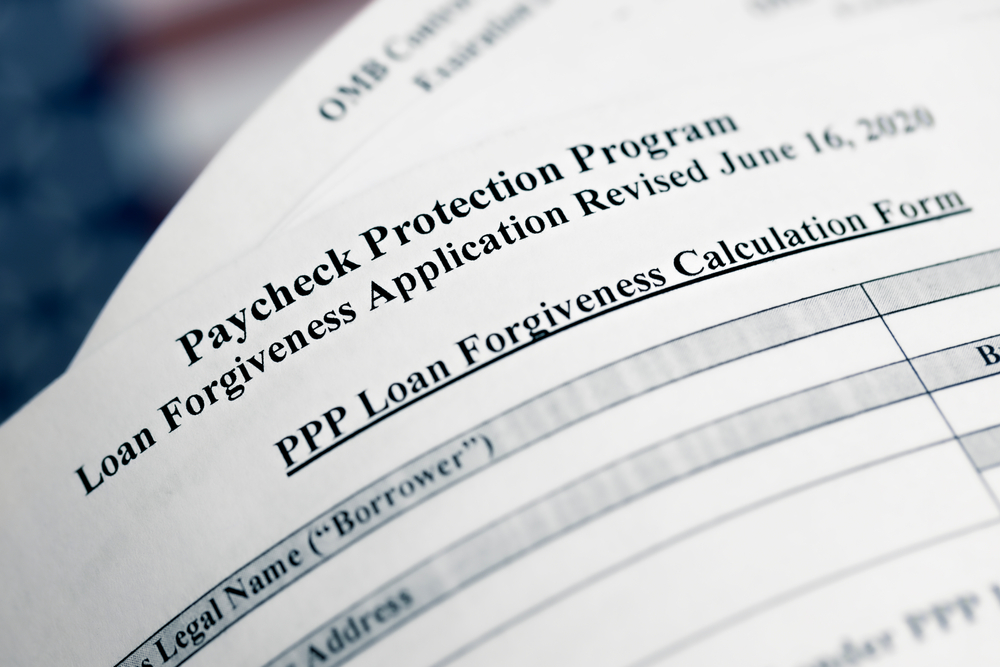Forgiven PPP Loan Monies
One of the most-asked questions in both the recent fall tax update workshops and numerous consulting calls from practitioners concerns the proper claiming of expenses paid with PPP loan monies that have not been forgiven as of the end of the 2020 tax year.
If the amount of the PPP loan that is forgiven is known by 12/31/2020, then there is no question that all the business’ expenses paid by any (i.e., forgiven or not forgiven) would be deducted on the company’s 2020 tax return. But what about those instances where the business borrower of PPP loan monies does not have this information by the end of the 2020 tax year? Should they simply extend the 2020 tax return knowing that the issue would be resolved by the 9/15/2021 extended due date? Or, even if armed with this “knowledge” of the final amount of the PPP that ends up being forgiven, would the fact that it did not occur until sometime in 2021 preclude the expenses paid for with these forgiven PPP loan monies being deducted on the 2020 tax return?
First, if any of the PPP loan monies are spent on “non-forgivable expenses” (i.e., other than mortgage interest, rent or lease expenses, or utility costs were paid with such monies), then there is no question that these amounts will not qualify for forgiveness. Likewise, if at least 60% of the PPP loan monies are not spent on payroll-related costs, a portion of the “non-payroll expenses” would also not be forgiven. As a result, there is no question that these expenses otherwise paid (or properly accrued) in 2020 should be listed when the company’s return is filed.
As to “forgivable” expenses paid with PPP loan monies, these should also be deducted when the business’ 2020 tax return is filed for various reasons. Even the IRS in Notice 2020-32 took the position that if “it was likely” that some (or, all) of the PPP loan monies would eventually be forgiven in the ensuing tax year (e.g., 2021), then pursuant to Code §265 the expenses paid with those funds, absent Congressional intervention by way of the COVIDTRA 2021, would have been nondeductible.
Another more mundane reason/argument that expenses paid with forgiven PPP loan monies should be deductible on the company’s 2020 tax return is the “matching principle,” which the IRS insists typically upon since it produces a “clear(er) reflection of income” for income tax purposes. According to the exception to Code §265 non-deductibility rule created by Congress in the new law, the forgiven funds are to be treated as “tax-exempt income” to be reported on the owner’s K-1 as a corresponding increase to the basis for the 2020 tax year. Therefore, the expenses paid with these “tax-exempt funds” should also be recorded when the 2020 tax year return is filed. Another possible “argument” could be the “relation-back doctrine” first annunciated in the Supreme Court’s decision in Arrowsmith, 344 U.S. 6 (10/24/1952). These expenses were paid (or otherwise accrued) during the 2020 tax year and should be reflected on that return v. the 2021 tax return, even if that is when the final forgiven PPP loan amount is ultimately determined.
Authored by:
Dr. John Connors, J.D., CPA, LLM
Tax Educator’s Network, LLC
For subscription information on Dr. John Connors’ educational materials, click here.




